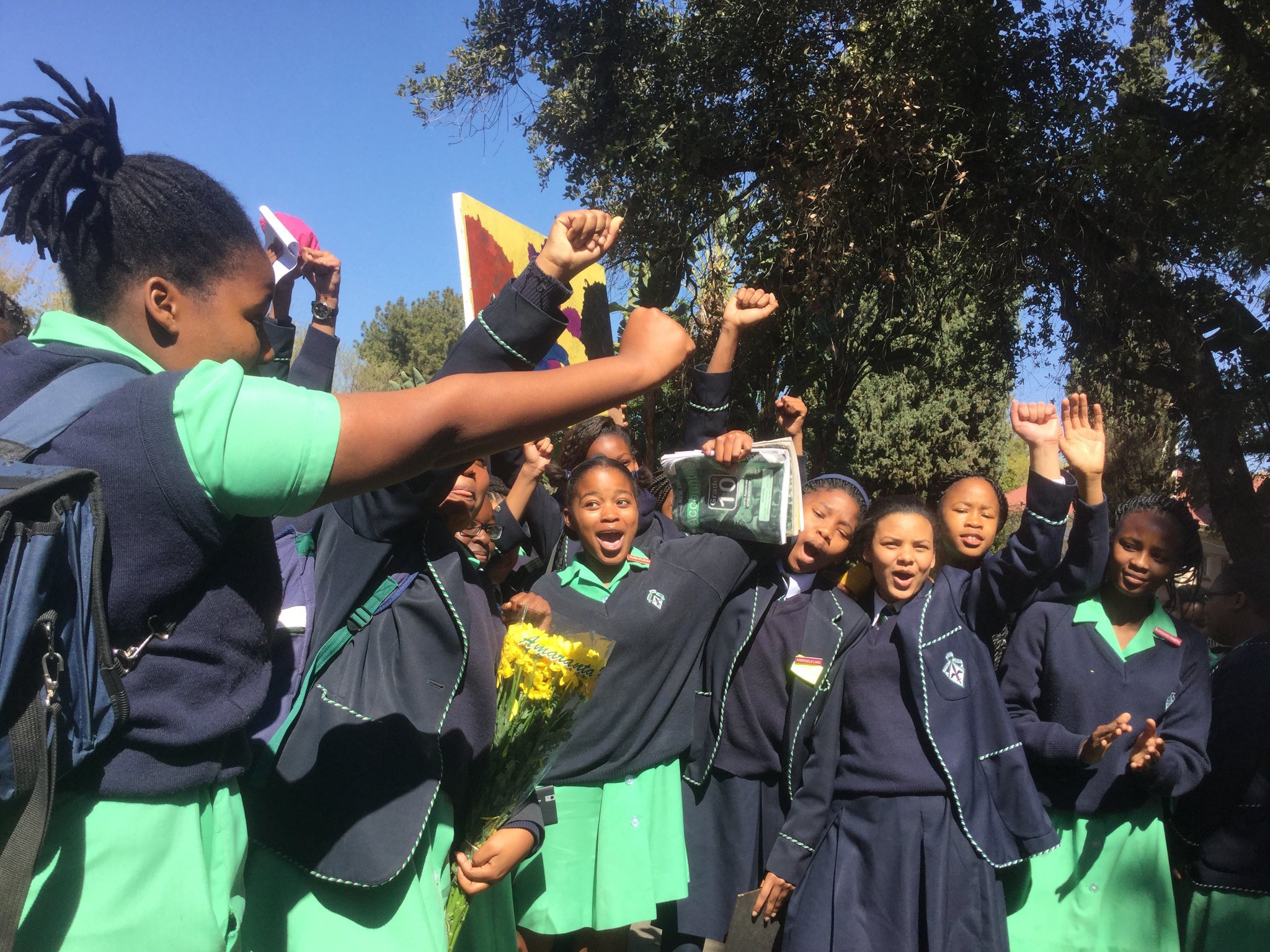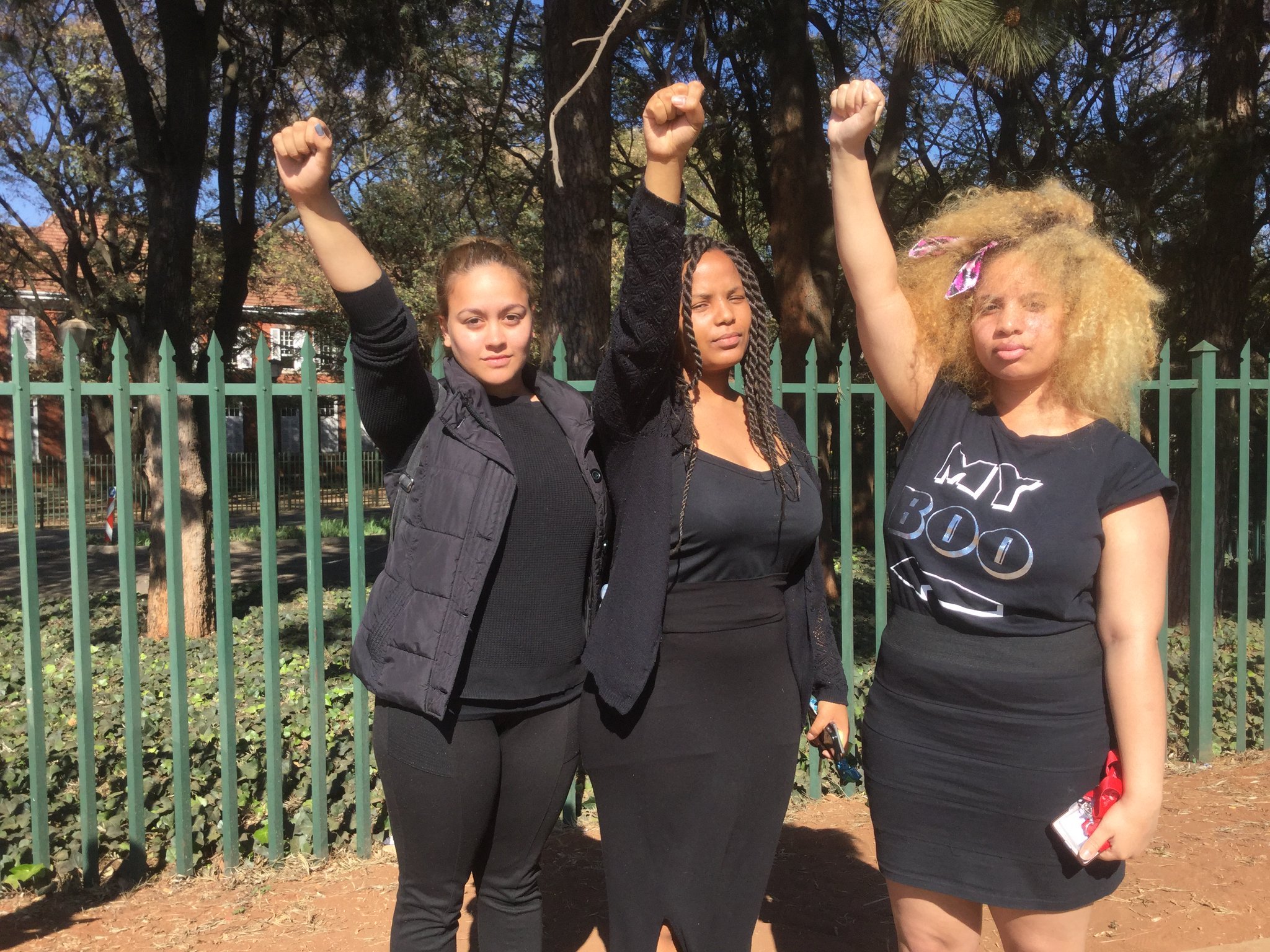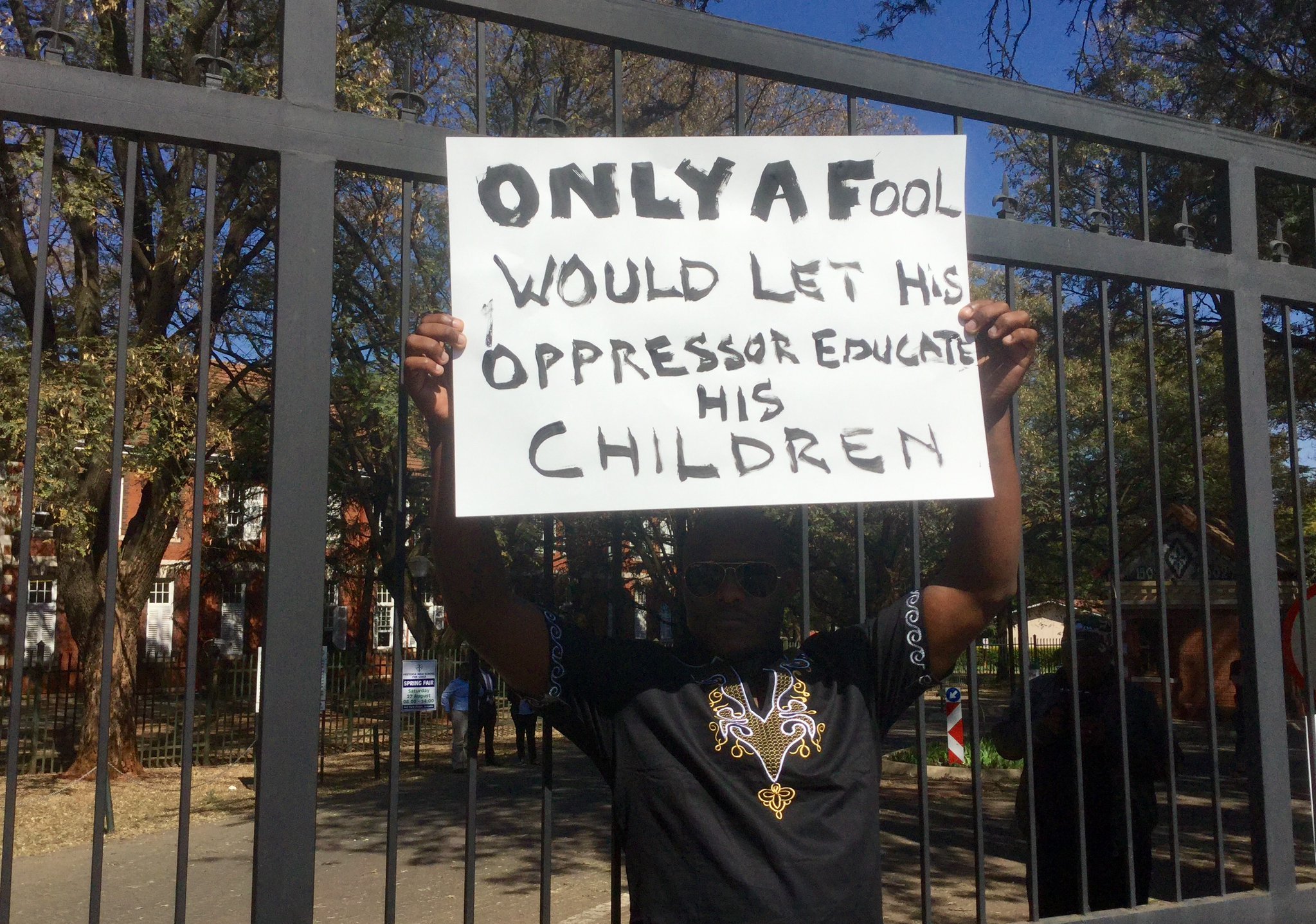It's not just about hair
Updated | By Olivia Phalaetsile
It's been an emotional few days with debates raging around the hair of black women - and not all the comments made were pleasant, and the opinions palatable.

As teenagers made their voices heard at the Pretoria High School for Girls, the debate broadened to include all sorts of voices and varied takes on what exactly was at issue. But sometimes we opine without understanding the lived experiences of others, causing further pain. You might ask why I use the word pain when I speak of hair. Isn't it just hair after all? And shouldn't the girls just be focusing on their education and not be bothered by such issues? These are the questions asked by those who don't understand what exactly the issues are. And it's a good starting point- asking. Because now we can attempt to explain. For the most part then - this is the time to sit back, listen and ask those who've been through the discrimination and painful process we speak of - the lived experience. Those who know all too well, what it's like going to a school and living in a society that tells you that there is something wrong with you, there is something wrong with your hair.

The Pretoria high school for Girls protests are about identity, about the right to be who you want to be, to look the way you want to look, in a society that tells you otherwise. And without perhaps realising it, these young women are fighting to right a wrong that has been committed for years. The fight to be who you want to be has always been part of the South African narrative. And when some among us don't understand the issues - it might just also have to do with the fact that fighting for your identity, and to be who you want to be has never been part of your experience. And so, this is foreign to you. In fact, your identity has perhaps been such a certainty and a given that it has never even crossed your mind or have been a great societal issue in your life that you felt the urge or need to rectify any particular aspect of it in any way. And that's okay. Our experiences in our country are not the same. We are not viewed the same. We are not treated the same all of the time. And that is why we must try and understand the plight of others when it comes to this very issue that has spilled onto the grounds of the Pretoria high school for girls. We must have empathy with, and try and understand or at least acknowledge the lived experiences of others. The experiences that might just be vastly different to our own.

All schools have rules. It has been like this for yonks. But what the protesting pupils have made us all aware of - is how these rules are applied - What the narrative and message to the black pupils are from their teachers about their hair - "it looks like a bird's nest" is one of the comments made. Other comments include references to untidiness and just generally about how the way you look does not conform to the rules, it does not fall into what we perceive to be "proper" and "appropriate." Girls are told to relax their hair - so that it is more manageable, more agreeable to the norms set out. Whose norms? Whose rules? And whose standards?

We pride ourselves in being a rainbow nation, yet these children are fighting for these particular freedoms in modern day South Africa. They were born years after democratic rule, and still they fight the legacies of an oppressed system. So the time for us to change is now. Our children are demanding it. Our black children need their voices heard. We dare not fail them. This is another chance to do the right thing. To change what has been written down as rules, into something that unite, that can affirm, that can heal.
Written by Olivia Phalaetsile, JacarandaFM journalist
Show's Stories
-
The secret emojis Gen Zs are using and their meanings
Can you understand the meaning behind the emoji?
The Drive with Rob & Roz 6 hours ago -
UNO is coming to Las Vegas casinos
Las Vegas is throwing out a wildcard!
The Drive with Rob & Roz 7 hours ago